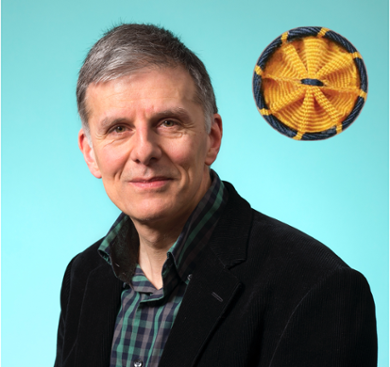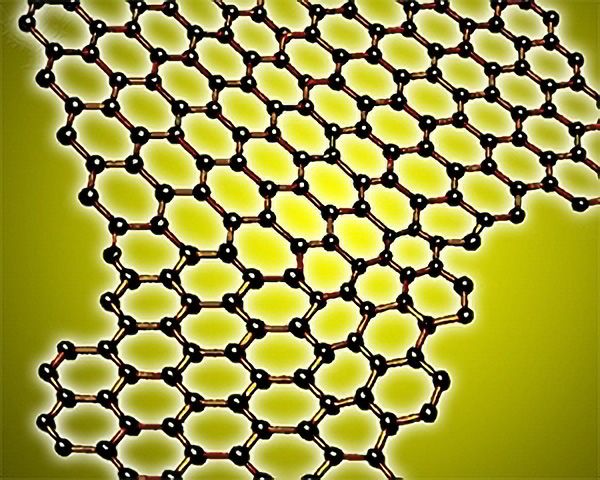Remarkable achievement: Leiden professor appointed AAAS Fellow
Carlo Beenakker has been appointed a Fellow of the American Association for the Advancement of Science (AAAS), the organisation behind the journal Science. Among the Fellows, he is the third Dutch person and first Leiden researcher.
Beenakker is professor of Theory of condensed matter at the Leiden Institute of Physics (LION). The AAAS cites his pioneering work on electrical conduction in nanostructures as the reason for the award.
Yet, the scientific results themselves are not what makes this appointment special, Beenakker says. The AAAS believes it is important for researchers to be committed to teh advancement of science. And that is what Beenakker does. He has been an editor for Science for 10 years and regularly gives public lectures. ‘I appreciate the recognition for my contributions to science communication, especially through my editorial work for the journal Science.’
‘For more than a hundred years we have been trying to fathom the secrets of physics’ -Sense Jan van der Molen, scientific director of the LION
Sense Jan van der Molen, scientific director of the LION, thinks the appointment is very justified. ‘Carlo is a unique researcher with a huge impact both within and outside his field. He is active in many areas to advance science. You have to have a lot going for you to get on this list as a non-US researcher.
Beenakker also sees it as recognition for theoretical physics in Leiden. ‘For more than a hundred years we have been trying to fathom the secrets of physics, trusting that excellent research always pays off in the end. I am convinced this way of working will remain relevant for another hundred years.’

The American Association for the Advancement of Science is the world's largest general scientific association and publisher of the journal Science. The Fellows programme began in 1874, so this year it celebrates its 150th anniversary. Becoming an AAAS Fellow is one of the most honourable awards within the scientific community. This year, 502 scientists, engineers and innovators from 24 scientific and engineering disciplines were elected. Only 20 of them are from outside the United States. The new Fellows receive a certificate and a gold-and-blue rosette pin. Those colours represent science and engineering, respectively.
